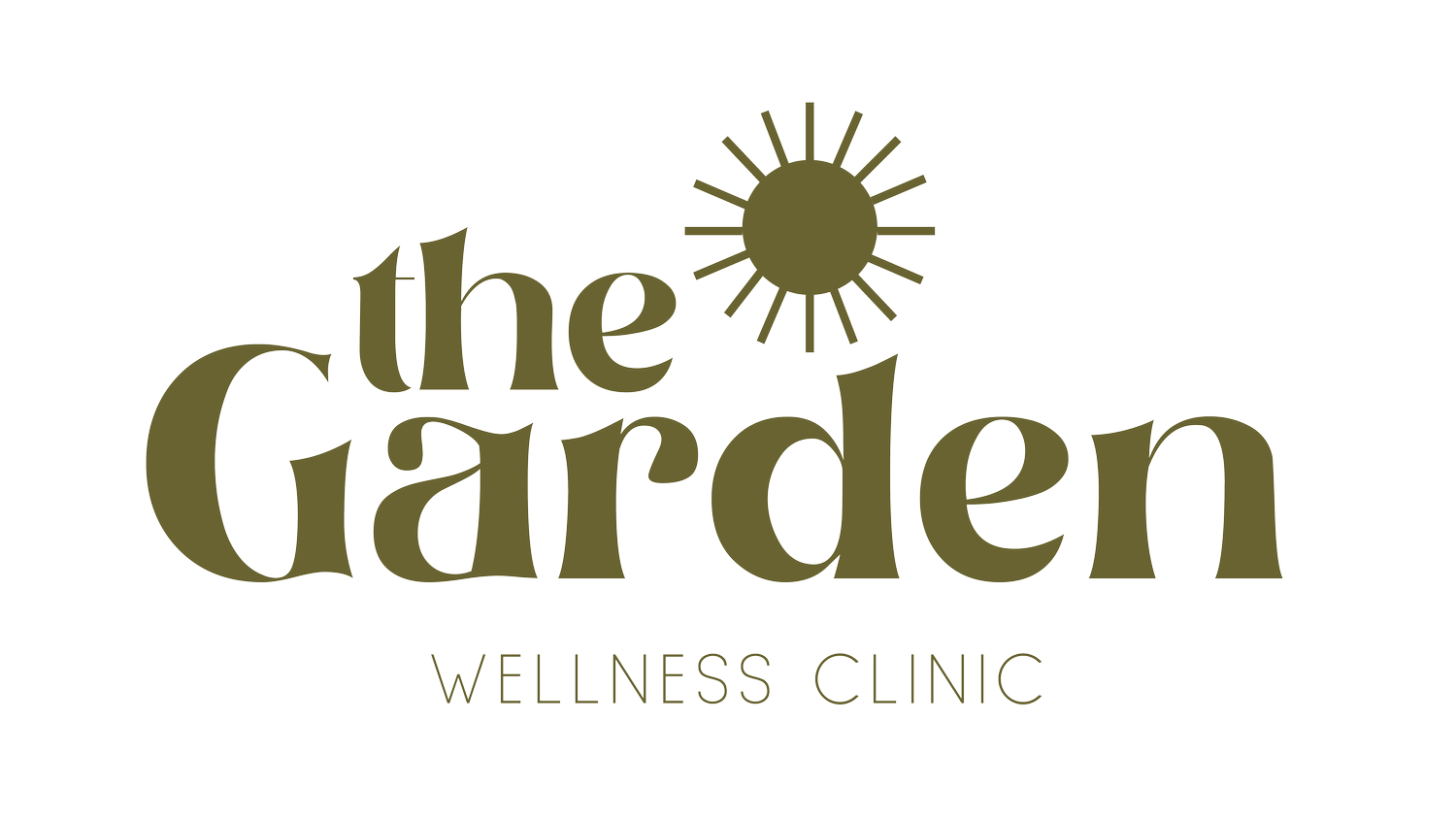What is Acupuncture?
Ever wonder how acupuncture works? Read more below to find out!
-written by Kaitlin Shaner L.Ac.
We all know that we love acupuncture, and benefit from the results of our treatments. But, what exactly is acupuncture? And how does it work? Our patients at The Garden Wellness Clinic ask us this frequently. So, naturally we wanted to share with you a little bit more! Read on below for a look at the anatomy, mechanisms, and research on how our bodies respond to all of those tiny needles.
-
Did you know that acupuncture is merely one pillar of traditional Chinese medicine? According to our beloved ancient medicine, our bodies have channels, or meridians, that run along different pathways throughout our structure. Points along these channels are selected for your treatment based on symptoms that you are experiencing, your constitution, and any other underlying issues that you may be working on with your acupuncturist.
From the lens of East Asian medicine, the body, mind and spirit are all connected. When we experience physical, psychological or emotional traumas those experiences create energetic blockages in our body. Left untreated, those obstructions can create a domino effect. For example, when you come into the clinic for anxiety, and after your treatment you notice not only your anxiety has calmed down, but also your sleep has improved. When your acupuncturist selects points on your body, the needles act as modulators so everything can flow smoothly again.
But how exactly does acupuncture work?
Although new developments are continuing to be discovered regarding the exact mechanisms of how acupuncture functions, studies over the past few decades have revealed quite a lot.
When we experience pain, our bodies are hardwired to send signals to our brain via chemical messengers called neurotransmitters. Nociceptors are nerve receptors that first receive the pain signal and then turn it into an electrical signal with the help of neurotransmitters. Neurotransmitters send their signals from the site of pain, through the spinal cord to the brain so that we can respond accordingly.
Acupuncture is able to treat a wide range of conditions because it works within the nervous system. The manipulation of acupuncture needles reduces pain by lessening the electrical signals of the nociceptors. A meta-analysis published in 2017 determined that acupuncture can be used to relieve chronic pain and can have lasting effects up to 3 days.
Our nervous systems and glands make small, naturally occurring molecules called opioid peptides, which act as hormones and also modulate nerve cells. Endorphins are one of the four endogenous opioids produced by the body. They relieve stress, reduce pain and inflammation, and are considered a feel good hormone because of the sensation that they produce, commonly known as a “runner’s high”. Studies suggest that acupuncture enhances the release of endorphins and other opioid peptides to the site of pain.
Although there is still much more to discover regarding the mechanisms of acupuncture, new discoveries in science and acupuncture research support the use of acupuncture as a holistic and practical therapy to help us find balance in our bodies, minds and spirits.
At The Garden, we acknowledge the science and research to backup our medicine. Also, we listen to you. We treat all of our patients as individuals. Custom acupuncture treatments are the baseline of our care. We blend the research with our curiosity and deep wisdom of traditional Chinese medicine. This way we can treat the whole person, inside and out. If you have yet to experience acupuncture for yourself, come visit our San Francisco acupuncture clinic. Presidio Heights is the most beautiful setting for an acupuncture treatment. You can go for a hike after your appointment, walk across the street for a gluten-free treat or grab lunch next door at Spruce.
We look forward to your visit!
References:
Han JS. Acupuncture and endorphins. Neurosci Lett. 2004 May 6;361(1-3):258-61. doi: 10.1016/j.neulet.2003.12.019. PMID: 15135942.
Xiang A, Cheng K, Shen X, Xu P, Liu S. The Immediate Analgesic Effect of Acupuncture for Pain: A Systematic Review and Meta-Analysis. Evid Based Complement Alternat Med.
Zhang R, Lao L, Ren K, Berman BM. Mechanisms of acupuncture-electroacupuncture on persistent pain. Anesthesiology. 2014 Feb;120(2):482-503. doi: 10.1097/ALN.0000000000000101. PMID: 24322588; PMCID: PMC3947586.





